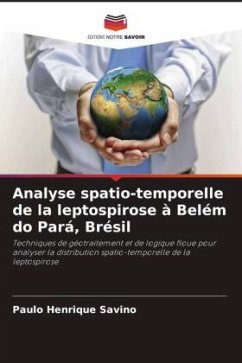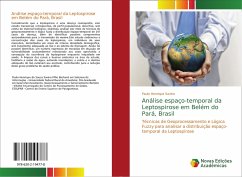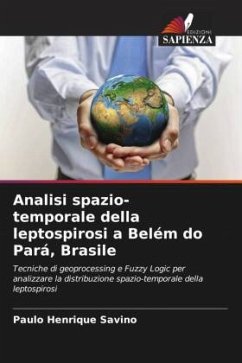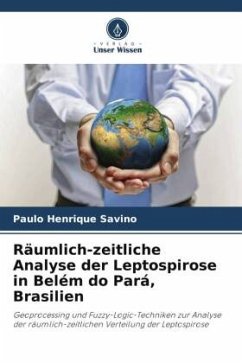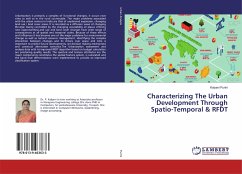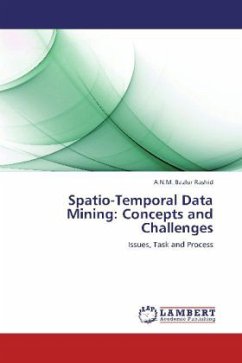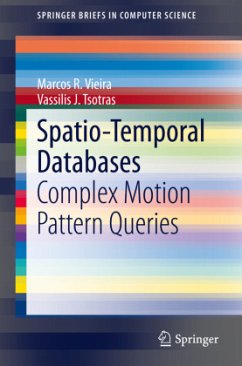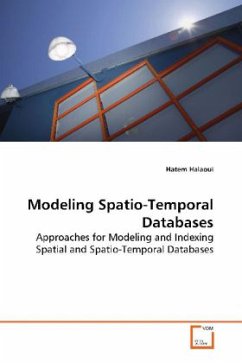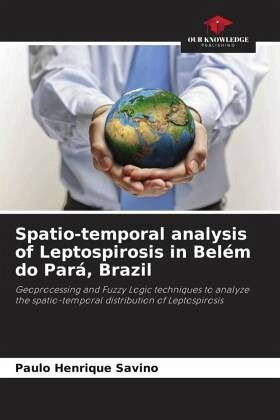
Spatio-temporal analysis of Leptospirosis in Belém do Pará, Brazil
Geoprocessing and Fuzzy Logic techniques to analyze the spatio-temporal distribution of Leptospirosis
Versandkostenfrei!
Versandfertig in 6-10 Tagen
24,99 €
inkl. MwSt.

PAYBACK Punkte
12 °P sammeln!
Considering that leptospirosis is a cosmopolitan disease, this cross-sectional, retrospective, population-based, descriptive study, without the collection of biological material, aimed to analyze the spatio-temporal distribution of 241 cases of the disease using geoprocessing and fuzzy logic techniques, in addition to identifying possible socio-environmental components for its transmission. This study showed a concentration of leptospirosis cases in male individuals, living in areas of high population density, without adequate waste treatment and drainage systems. It was also possible to ident...
Considering that leptospirosis is a cosmopolitan disease, this cross-sectional, retrospective, population-based, descriptive study, without the collection of biological material, aimed to analyze the spatio-temporal distribution of 241 cases of the disease using geoprocessing and fuzzy logic techniques, in addition to identifying possible socio-environmental components for its transmission. This study showed a concentration of leptospirosis cases in male individuals, living in areas of high population density, without adequate waste treatment and drainage systems. It was also possible to identify a significant number of homes in a situation of socio-environmental vulnerability related to the cases, which deepens the concept of the occurrence of leptospirosis as a health inequity. Cleaning the existing canals and culverts in the study area would facilitate the flow of water, preventing flooding; the collection and proper disposal of waste would prevent its accumulation, contributing to the reduction of this serious public health problem.





